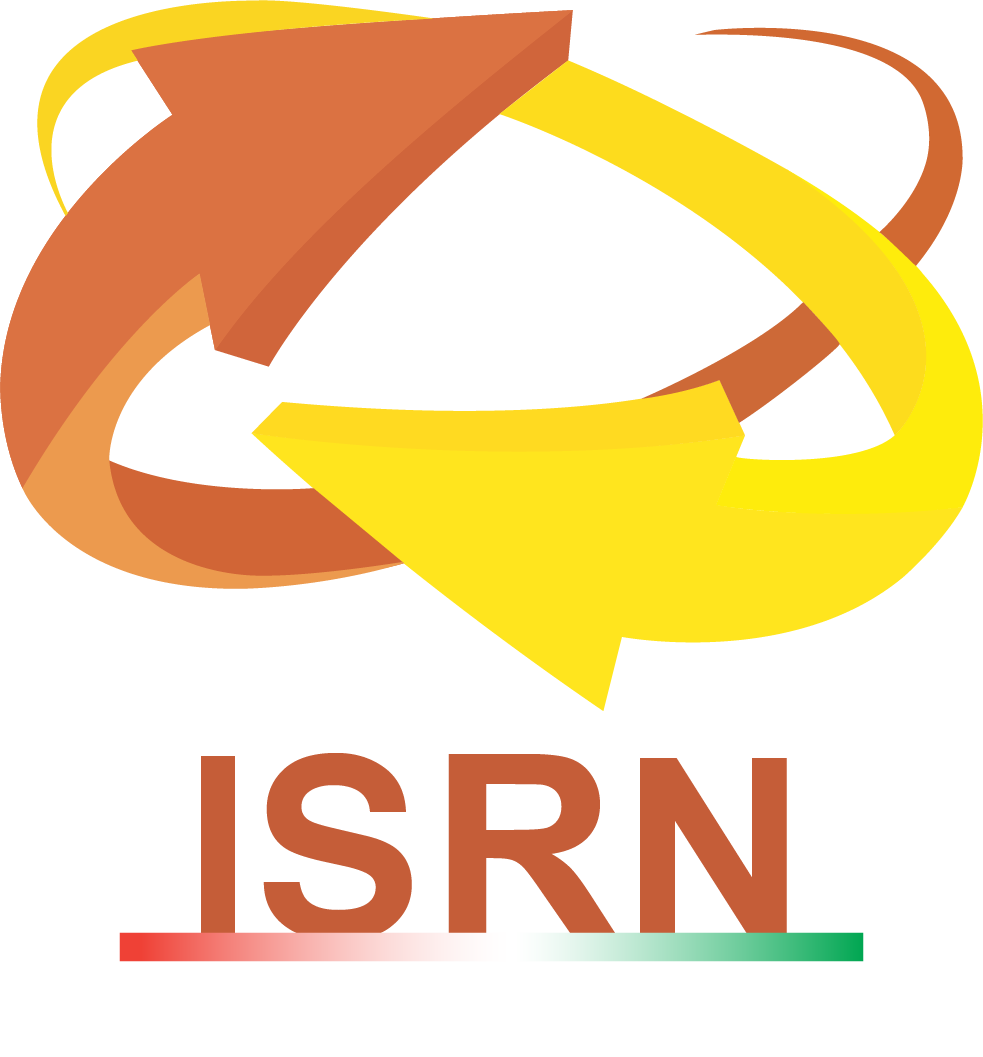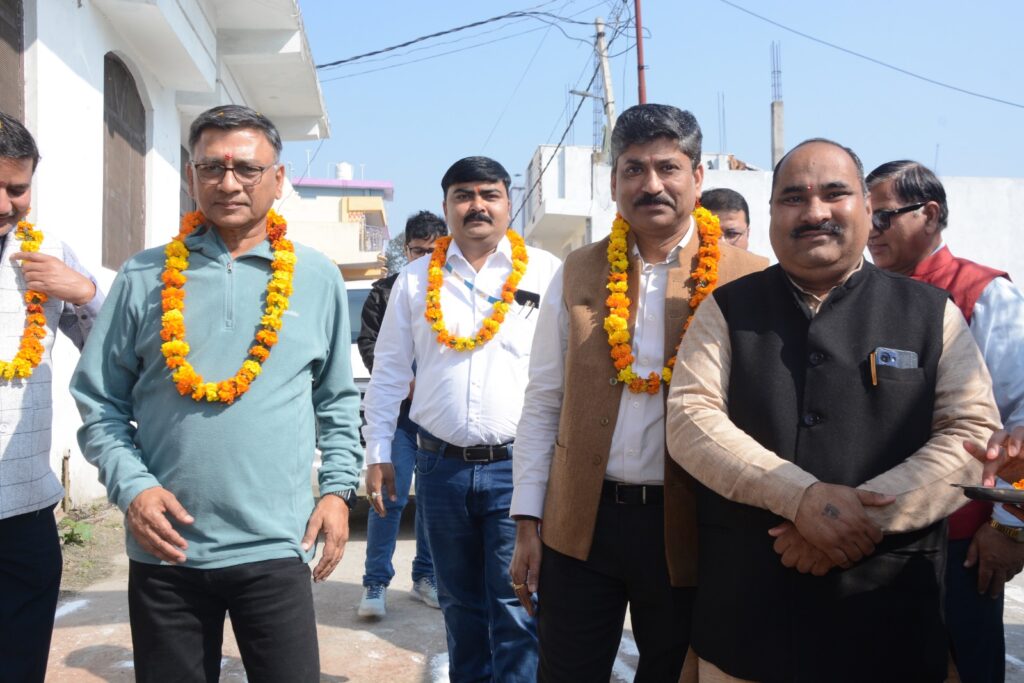
Transforming Schools into Uttam Schools – a proud milestone at Saraswati Shishu Vidya Mandir, Laksar, Haridwar.
Nurturing Wellness for Every Child
Under our Uttam School Project, with the support of IRCTC, a comprehensive Health and Hygiene Awareness Programme along with a Free Medical Check-Up was organised on 03/12/2025 at Composite Vidhyalay, Ballia (Bairiya) in Uttar Pradesh. The initiative focused on enhancing the overall health and well-being of students, teachers, and the school community. As part of the programme, free health check-ups were conducted for both students and teachers, accompanied by an awareness session led by the medical team on menstrual hygiene, general hygiene practices, and the importance of nutritious food for healthy growth. A total of 61 students and teachers availed the free medical check-up, including 20 males and 41 females, and 46 tests were conducted, consisting of 7 sugar tests and 39 HB tests. ISRN remains committed to fostering better health and hygiene practices, and we extend our sincere gratitude to the medical team and the school administration for their support in making this initiative meaningful and impactful.
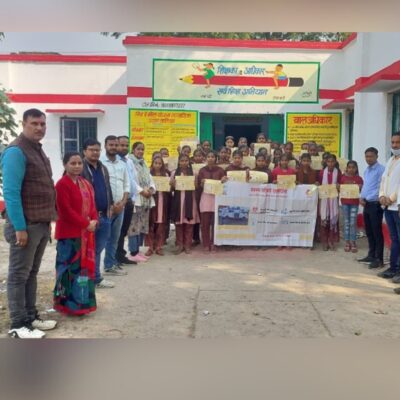
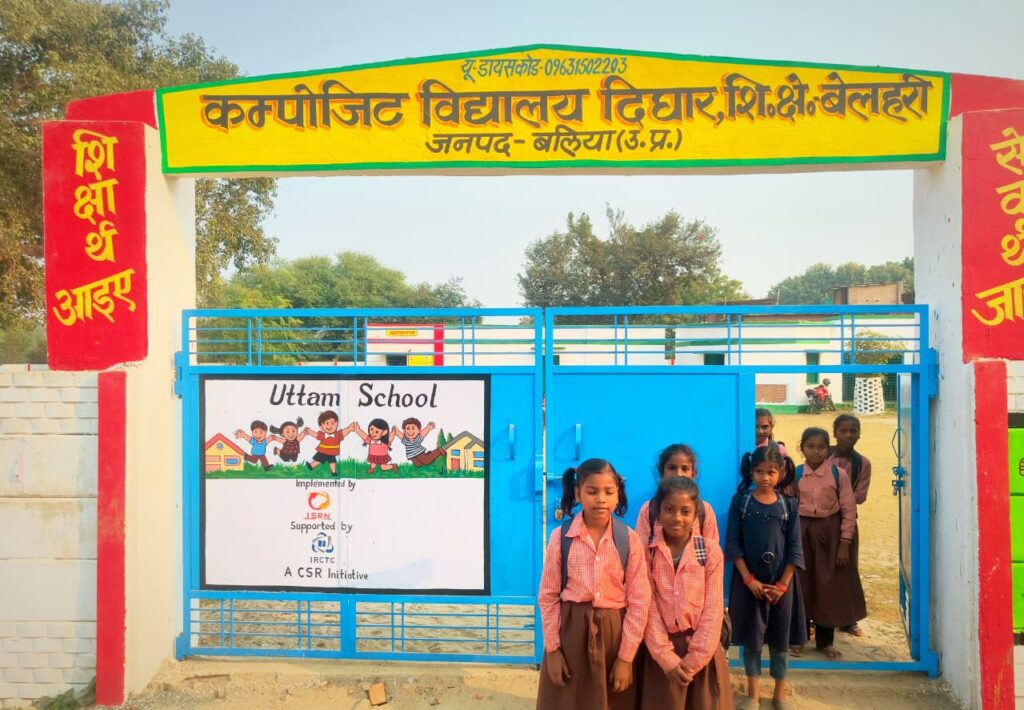
Plantation & Agriculture Activity under Uttam School Project
Promoting Financial Values & Community Ownership | Uttam School Project
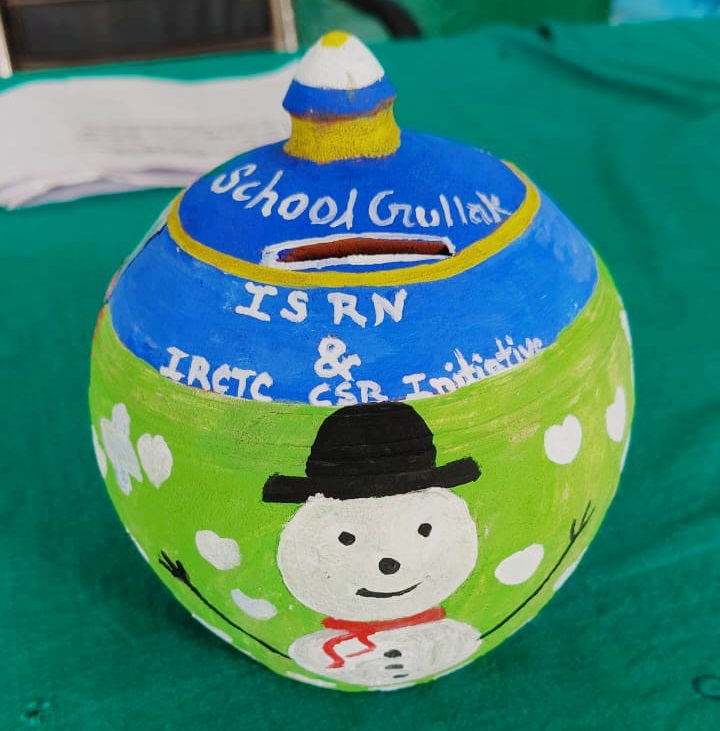
Uttam School
In India, many children drop out of school due to a lack of adequate basic facilities. It is at this juncture, that ISRN rolled out its ambitious concept of “Uttam School” which has so far been backed by various CSRs and Government funds.
The “Uttam School” model, which has been adopted by many government schools and charitable institutions in specific areas, focuses on children from underprivileged societies and seeks to improve education quality through innovative teaching and learning techniques as well as other strategic interventions that aspire to instil in students behavioural changes that are conducive to sensitive development and a sense of responsibility.
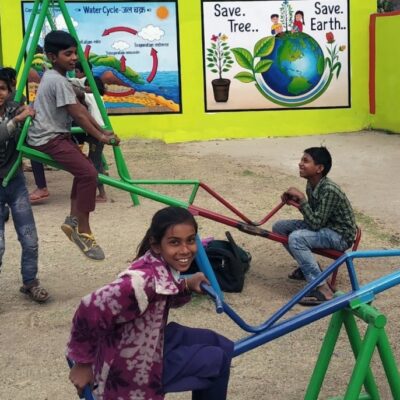
ISRN has been working in the education domain for more than 8 years and with the initiation of its flagship program, the “Uttam School” model has already touched the milestone mark of 50+ schools, already transformed around 45+ schools, trained 500+ teachers, and reached 12,000+ students in the underserved pockets of Delhi, Uttarakhand, Himachal Pradesh, Uttar Pradesh, Madhya Pradesh, Haryana.
The model focuses on the approach of education completion through smart learning techniques, sanitation and hygiene, clean energy, and clean drinking water. Adhering to the existing curriculum in these schools brings infrastructural changes in terms of introducing student-friendly learning tools, improving health and hygiene, improving the external environment, imparting training to teachers, other significant concepts of “Child Mirror” and “Grievance Committee” which helps in addressing various issues faced by children and have been successful in instilling confidence in them.
The innovative concept and approach of the Uttam school have proven to be a need of the hour and have been especially helpful in the recent pandemic when schools were closed for a considerable amount of time. The digital mode of teaching has made it possible for teachers to carry out classes smoothly for educators and learners who were already trained to handle digital appliances. ISRN strives to contribute more towards a sustainable approach to education and has been working strenuously to expand the concept of Uttam School across states and cities.

NANDGHAR
A day away from the urban grounds and we step closer to the hearts of the people of rural India. ISRN and Vedanta Foundation have worked together to transform Anganwadis into child-friendly, effective learning facilities called NandGhars, with a focus on young children’s health and education. Through a range of programs and initiatives, a positive impact was made on the lives of individuals, families and the community as a whole. ISRN in the last one year has been supporting a total of 275 Nandghar centers in UP and Rajasthan to a total of 12,030 beneficiaries by providing quality education to children and expecting mothers from disadvantaged backgrounds and through these efforts, we hope to bridge the education gap and provide equal opportunities to all children, regardless of their social and economic background.
Nand Ghar is committed to the Prime Minister’s national vision of eradicating child malnutrition, providing education, and healthcare, and empowering women with skill development. The project majorly focuses on four Verticals: Nutrition, Pre-School Education, Health Care, and Skill Development.
The project is working towards promoting health-seeking behaviour and strengthening preventive and curative service linkages in the community. Many health camps have been organised to reach out to people and address their health concerns as well as providing general health check-ups, blood pressure checks, and screening services can help identify any health issues early on and prevent them from becoming more serious. Moreover, raising awareness about gynaecological health and providing information about preventive measures can help women take control of their health and well-being.

IFFCO-TOKIO CSR Project: Transforming Schools into “Uttam Schools” with ISRN
Indian Social Responsibility Network (ISRN) was entrusted by IFFCO-TOKIO General Insurance Ltd. to implement its flagship CSR initiative, “Transforming Schools into Uttam Schools: Improved Quality of School Education.”
The objective of this project was to enhance the quality of education and create a better learning environment for students and teachers, ultimately contributing to building a skilled and capable future workforce for India.
The project focused on holistic school development — integrating smart classrooms, state-of-the-art libraries, clean drinking water systems, hygienic sanitation facilities, teacher training, and continuous power backup to ensure a conducive atmosphere for education.
Key Infrastructure Improvements:
- Smart classrooms with digital learning tools
- Modern library with print, audio, and video resources
- RO water purifiers for safe drinking water
- Improved sanitation with separate toilets for boys, girls, and staff
- Teacher capacity-building sessions for effective pedagogy
- 24×7 power backup through installed generators
ISRN carried out detailed field assessments across schools in Haryana, Delhi, Rajasthan, and Uttar Pradesh, collecting data and preparing comprehensive school selection reports. A School Selection Committee, comprising educationists, researchers, and NGO representatives, was formed to evaluate and recommend schools for adoption under the program.
After rigorous evaluation, Hindu Senior Secondary School, Nuh (Haryana) was selected by IFFCO-TOKIO for transformation under the Uttam School Project. ISRN facilitated the signing of a Memorandum of Understanding (MoU) between IFFCO-TOKIO and the School Management Committee to initiate the implementation phase.
Through a structured need assessment and vendor selection process, ISRN ensured the installation of high-quality educational tools and infrastructure to achieve long-term sustainability and impact.
This CSR initiative stands as a model of corporate–NGO collaboration that bridges education gaps and empowers communities through inclusive, quality education.
Transforming Schools into Saksham Schools: PHDCCI and ISRN Collaborate to Improve Quality of Education in Rural India
To enhance the quality of education in rural and charitable institutions, PHD Chamber of Commerce and Industry (PHDCCI) has launched a visionary CSR initiative titled “Transforming Schools into Saksham Schools” in collaboration with Indian Social Responsibility Network (ISRN) as the implementing partner.
Through this initiative, PHDCCI aims to adopt and upgrade 50 government and charitable schools across India by introducing student-friendly learning tools, improving health, hygiene, and infrastructure, and training teachers to build stronger learning environments.
The project focuses on transforming schools into holistic learning spaces by ensuring clean drinking water, green playgrounds, smart classrooms, modern libraries, and sanitation facilities. It also promotes corporate participation by encouraging PHDCCI members to adopt at least one school under their CSR programs.
The initiative not only enhances learning outcomes for students but also serves as a model for corporate–NGO partnerships that deliver sustainable, high-impact results in education.

Implementation of IFFCO-TOKIO’s CSR Project on Improving Quality of Education in Schools
Indian Social Responsibility Network (ISRN), under the CSR initiative of IFFCO TOKIO General Insurance Ltd., is working to enhance the quality of education by upgrading school infrastructure and essential facilities.
As part of this initiative, ISRN conducted a baseline survey at Saraswati Vidhya Mandir Higher Secondary School Gram Bharti (SVMHSSGB) in Chhijarsi, Pilkhuwa, District Hapur.
The visit focused on verifying the details shared in the School Information Sheet, assessing the current infrastructure, and evaluating the school’s suitability for project implementation. The team also interacted with the school management, Principal, and staff to understand their needs and priorities.
